India’s logistics industry is changing fast. Businesses now expect quick deliveries, reliable storage, and smooth supply chain support. As e-commerce, manufacturing, and retail grow, third-party logistics providers must also improve. The future of 3PL in India depends on smart systems, efficient operations, and strong partnerships. Akash Storage is preparing for this change with a clear and practical approach.

Digital Transformation Driving the Future of 3PL in India
First, technology plays an important role in modern logistics. Akash Storage uses automation, real-time tracking, and digital inventory systems to improve accuracy. As a result, manual work is reduced, and processes become faster. Also, easy dashboards allow customers to view stock levels and delivery updates at any time. This improves transparency and trust.
Faster and Smarter Warehousing
Next, customers expect speed and consistency. To meet this demand, Akash Storage invests in smart warehousing solutions. These systems improve picking, packing, and dispatch activities. Therefore, delays are reduced, and order flow becomes smoother. In addition, better planning helps maintain high service quality across operations.

Customer-Centric 3PL Services
Every business has different needs. Because of this, Akash Storage offers flexible logistics solutions for e-commerce, FMCG, chemicals, and industrial goods. Moreover, clear communication and dedicated support help resolve issues quickly. As a result, customers enjoy reliable service and long-term cooperation.
Green Logistics for Sustainable Growth
Sustainability is now a key part of modern supply chains. Therefore, Akash Storage focuses on reducing waste, improving route planning, and using energy-efficient warehouse practices. Also, these steps help lower operating costs over time. Thus, responsible logistics supports both business growth and environmental care.

The Road Ahead for 3PL in India
Finally, India’s logistics sector has strong growth potential. With technology, transparency, and customer trust, Akash Storage aims to support businesses at every stage. In conclusion, the company is building a supply chain that is efficient, reliable, and ready for the years ahead.








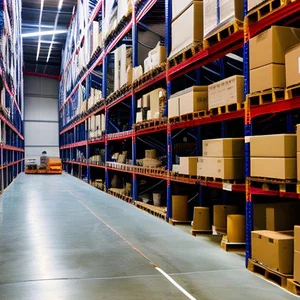


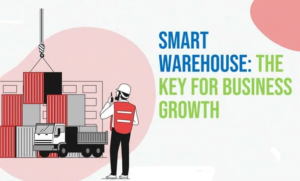
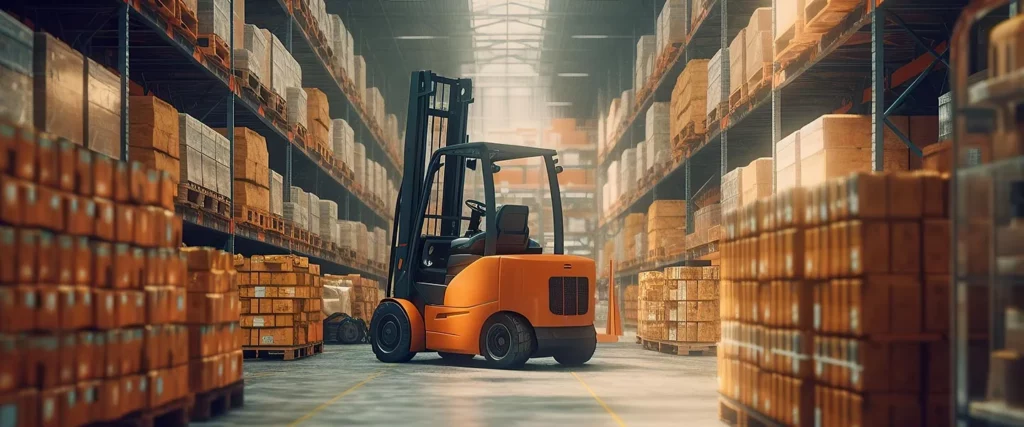

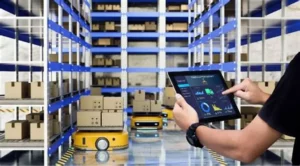 Collaborative Robots (Cobots)
Collaborative Robots (Cobots)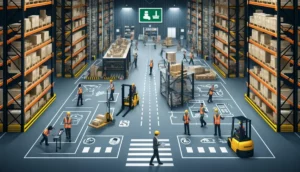 Conclusion
Conclusion
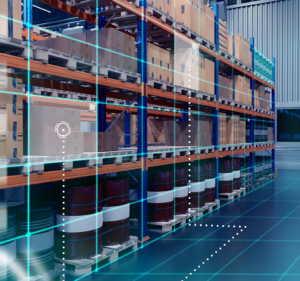
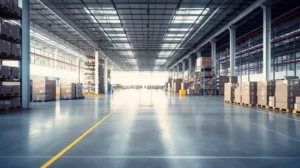
 Green Warehousing Practices
Green Warehousing Practices Eco-Friendly Packaging Solutions
Eco-Friendly Packaging Solutions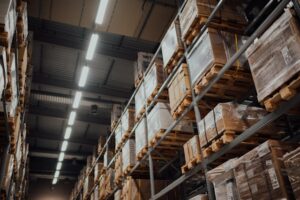 Conclusion
Conclusion